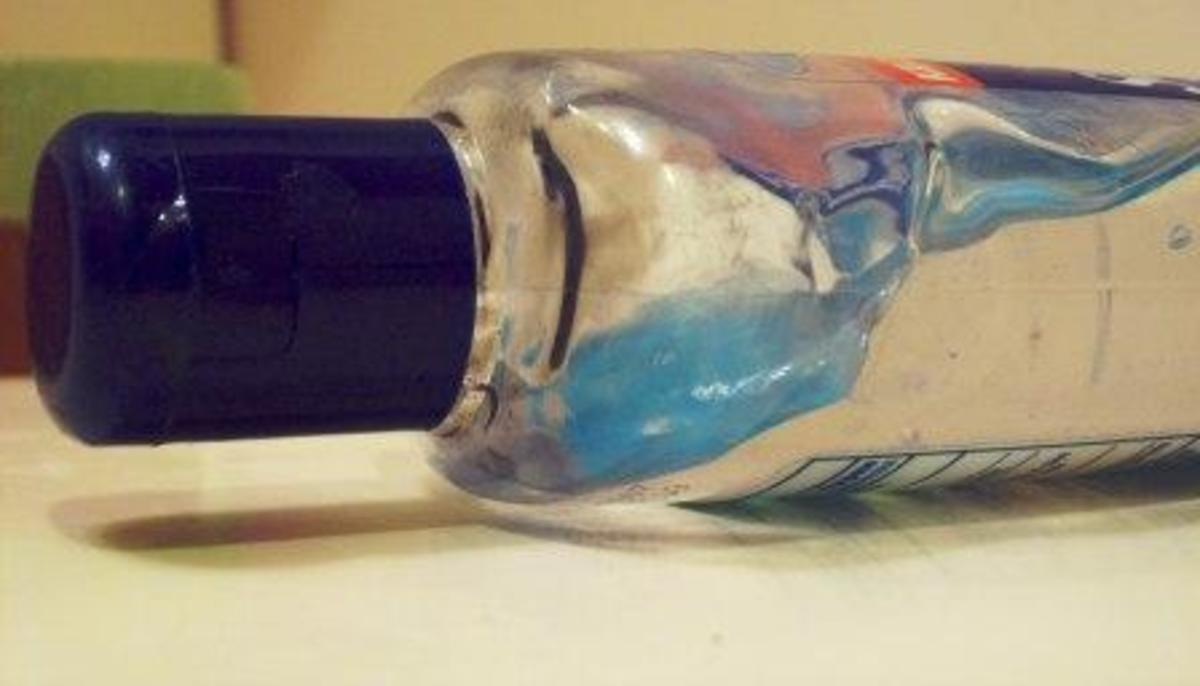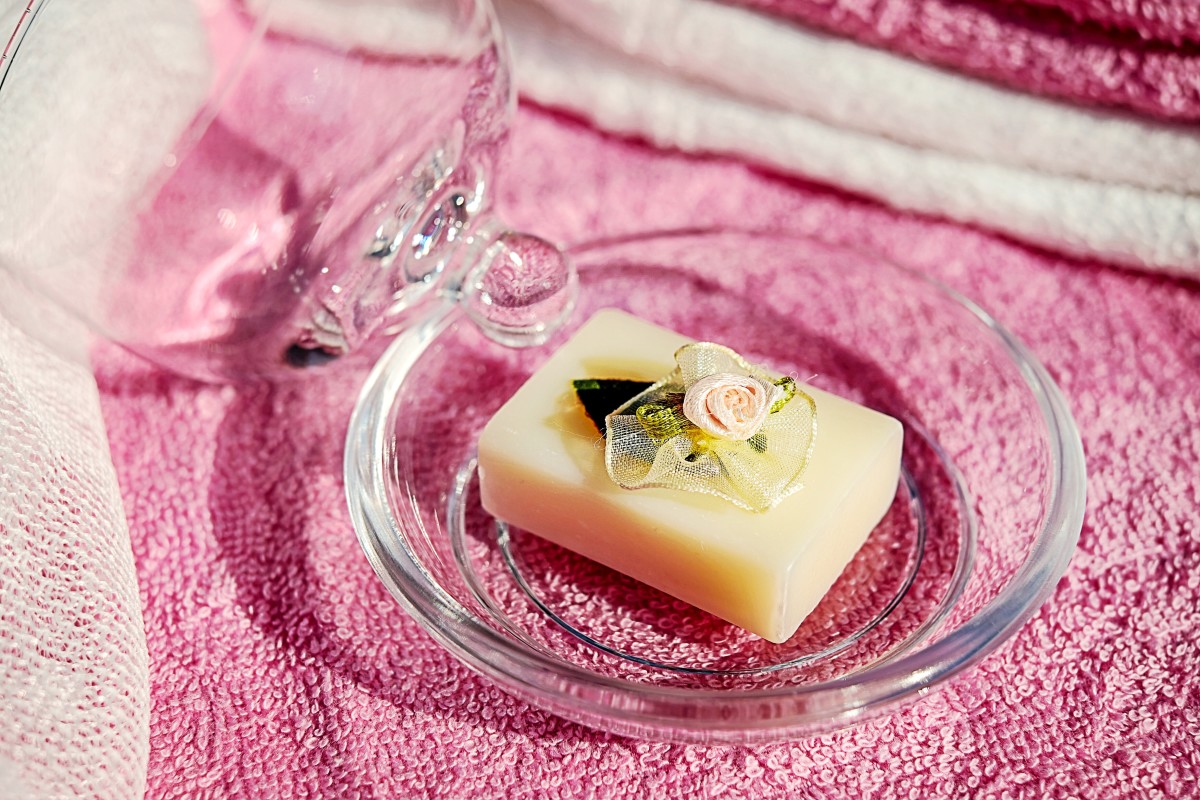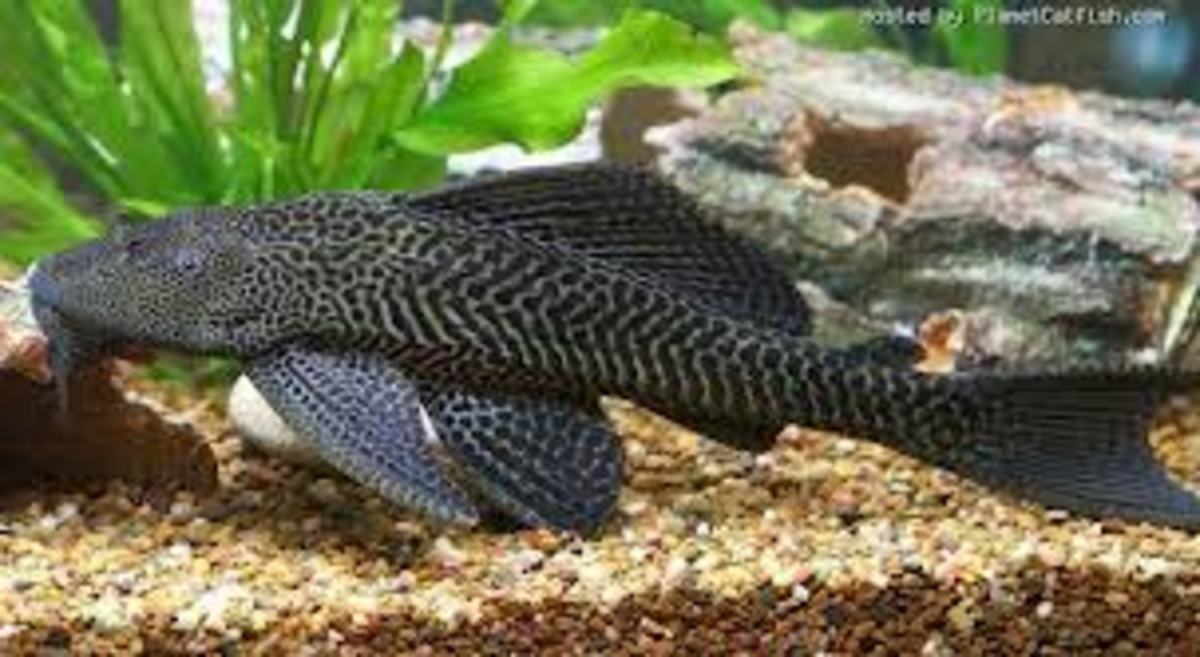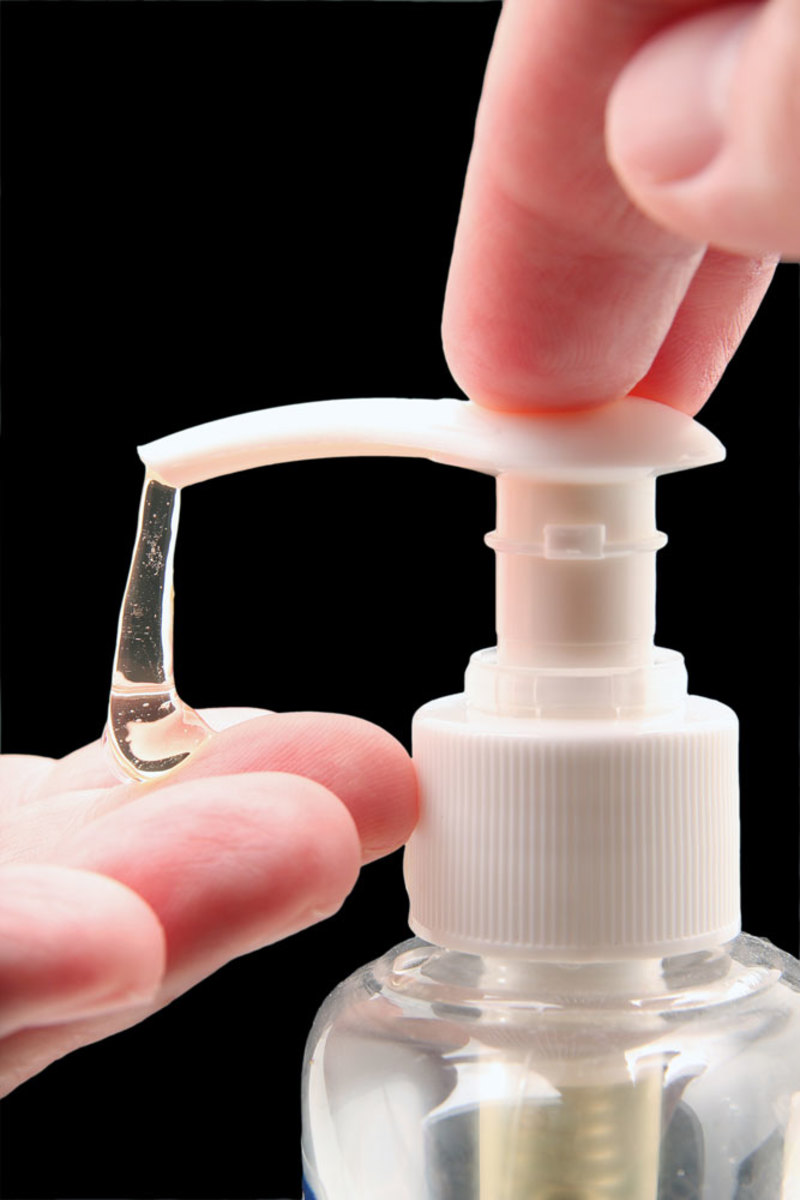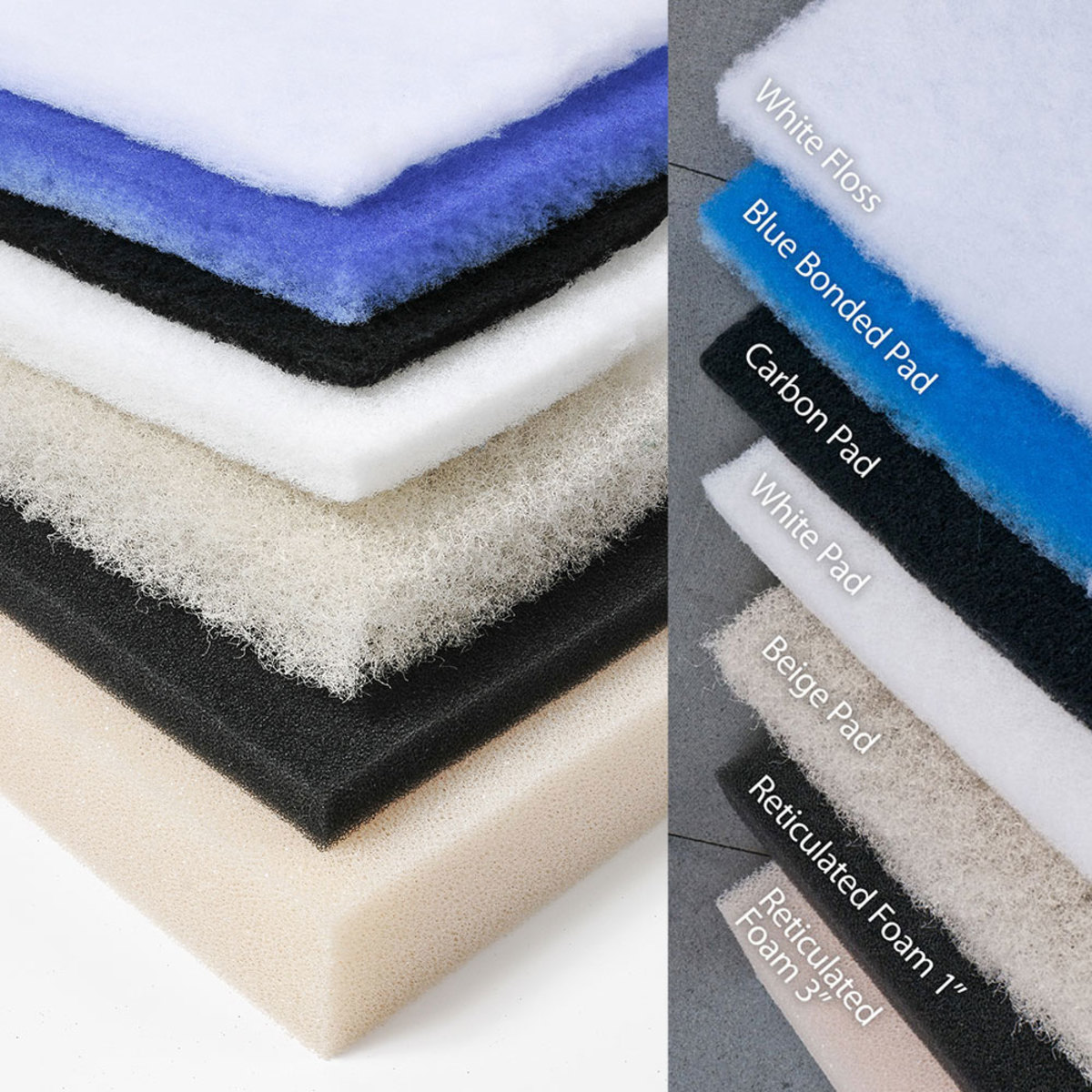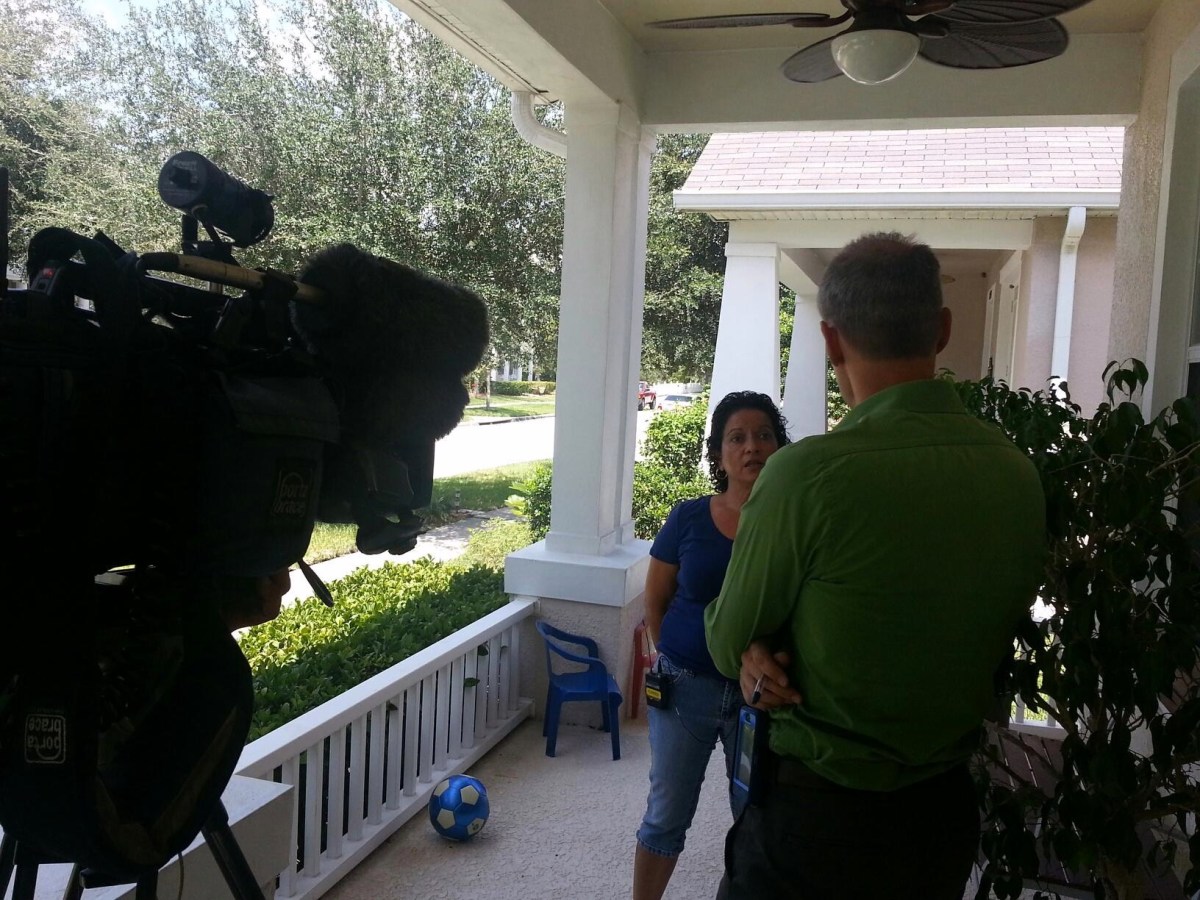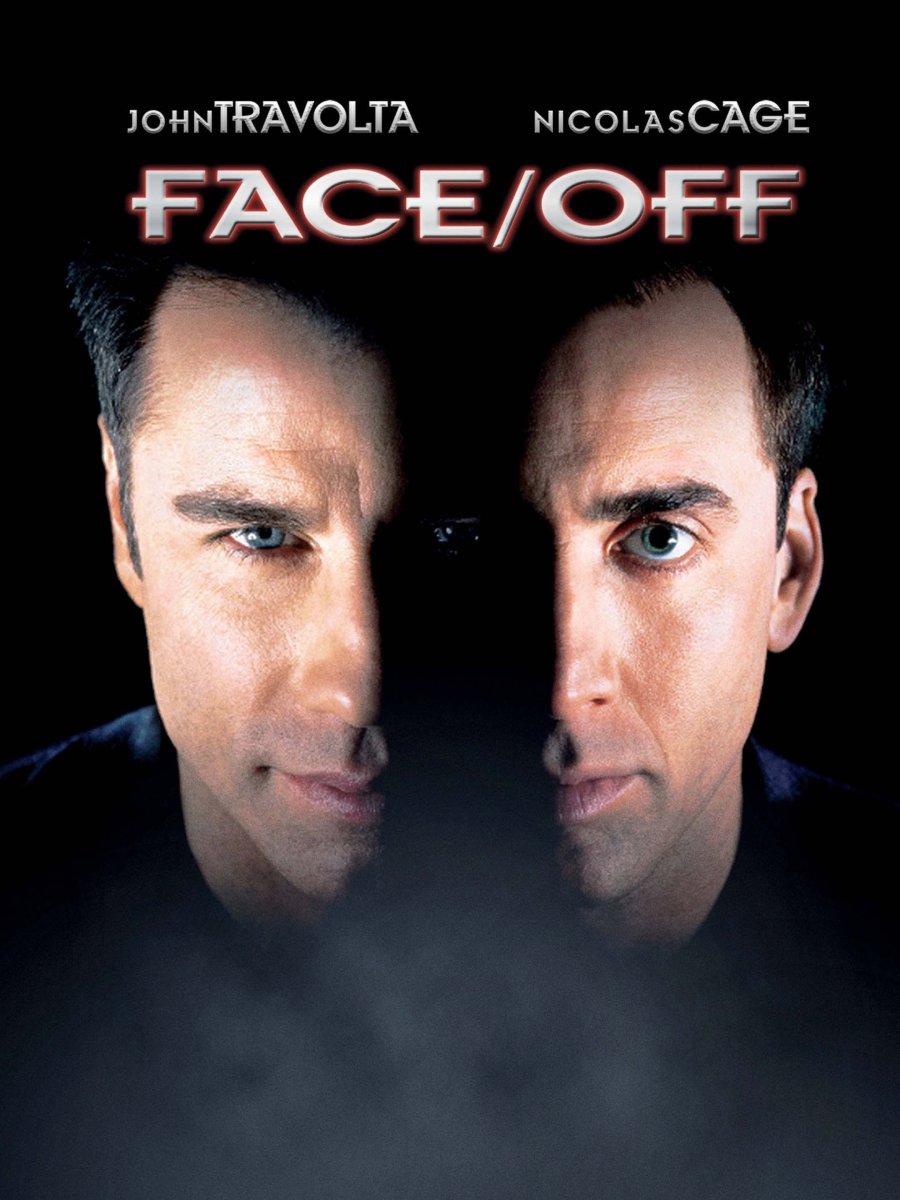Protections and Precautions Against Viruses and Diseases (Including Covid-19)
Learn from the past
The Black Death was a zoonotic plague transmitted by rats that went aboard trade ships. Rats live in dirty, damp, and shady places. Because people had no awareness of cleanness, diseases technically distant from society were transported easily. Data shows that the human life extent greatly expanded since the Dark Ages. An important reason is the improvements in our living conditions. From dumping waste onto the street to disposing them into underground tunnels with zero human contact, fewer plagues attacked the human race. But hygiene is more than where we throw trash. It is also distancing ourselves from diseases when they are present. Under the world-wide status quo, people are swift to buy respirators, masks, and other tools to clean themselves and their environment. But out of respirators, masks, soap, and hand sanitizers, which one is the handiest toward this situation? For normal sanitizing?
Respirators
As of now, the most trusted choice for medical workers and others exposed to the outdoors would be respirators. When the virus initially started spreading, all professionals recommended buying and storing N95 respirators at home. Respirators are "respiratory protective devices designed to achieve a very close facial fit and very efficient filtration of airborne particles.” N95 stands for being able to filter at least 95% of the micro-pathogenic particles, micro meaning smaller than 0.3 microns. It can cover your face entirely, so if you fit it properly, pollutants in the air will not be as dangerous. Thus, it can prevent the wearer from exposing to infected people. Respirators not only keep the wearer from infection, but it can also prevent others from the wearer him/herself. In cases like this coronavirus, saliva is very dangerous, which is why wearing a respirator protects both the wearer and other people. It keeps their saliva or body fluids from you and meanwhile keeps your saliva from them. It is promising because of the materials in which it was made. N95 respirators are entirely made from multiple (3-5) layers of filter materials layers. These fabric-like filtration layers can attract air particles while still a couple of centimeters away. That separates pollutant particles from the air and allows clean air to pass through.
However, there are downsides to respirators. They cannot eliminate the risk of illness and death. Filtration rate of 95% is high, but it is not, after all, 100%. Another limitation of respirators is that it does not allow facial hair. Facial hair like beard prevents it from covering your face entirely, resulting in a significant drop in the filtration rate. It should also be clear that although the respirators contain high-quality materials, they can only filter pollutant particles. That means people cannot use respirators in cases considering chemical or poison gases. Because as mentioned, air can still pass through the filtration layers completely. Respirators cannot be exposed to water, because it disrupts the filtration fabric-like layers, making them powerless.
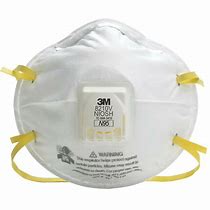
Surgical Masks
Surgical masks are another great invention for face-covering protection. They are a “barrier to protect the user and others from droplets of body fluids.” From its name, one can easily tell that it is created for surgical uses. True, surgical masks limit infectious agents through droplets of body fluids. During surgeries, operators are in close contact with the patients. These masks can trap large airborne droplets, forming a barrier to protect operators from contaminated body fluids while also preventing accidental contamination of the patients' wounds by germs in mucus and saliva. It is an excellent way for mutual protection. It is light-weighted and also allows air to pass through easily, so it is not as suffocating as respirators.
Like any other products, there are drawbacks to wearing a surgical mask. They are not invented to trap small airborne contaminants, such as dust particles. Even smaller moisture droplets may pass through. Because it cannot cover your face tightly, most potentially contaminated air may cross the barrier through inhalation. "Surgical masks will not prevent your acquiring diseases," said Dr.William Schaffner, a professor of preventive medicine and infectious diseases at Vanderbilt University. When facing diseases, it offers very limited help.
Bar Soap
Aside from face-covering precautions, one should also be aware of cleaning his/her own body. Teachers taught us to wash our hands since kindergarten with soap and water. But what is soap? Soap makes a chemical reaction occur. "Soaps are cleaning agents that react alkali with natural fat or fatty acids." These reactions create sodium salt, which makes water better for lifting away greasy stains from our bodies. Because reactions concerning acids occur, the high pH can easily eliminate most bacterias. Soap also contains glycerin, which can better some dermatological problems. For those who are allergic to fragrances, fragrance-free soaps offer them no concerns. Specific types of antibacterial soaps can kill bacterias even more easily through stronger chemicals. Cleaning your hands with soap and water ensures safe and clean contact with others. You use your hands everywhere. Clean hands potentially assure cleanness elsewhere.
However, too much reliance on soaps may cause trouble. The development of our immune system requires "training". If no or very few germs are left, our immune system may cease to develop. This inhibition of immunity will not be helpful when facing stronger pathogens. Antibacterial soaps may also strengthen bacterial resistance. When they fail to kill off bacterias, the bacterias may develop abilities that make them immune to these types of chemicals, making them harder to kill. As mentioned, the reactions create a very high pH level, which may harm your skin cells. That is why too much hand-washing makes your skin dry.
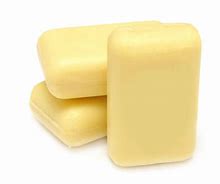
Hand sanitizers
In recent years, hand sanitizers became another important tool for cleaning. "Hand sanitizer, also called hand antiseptic, hand rub, or hand rub, agent applied to the hands for the purpose of removing common pathogens (disease-causing organisms)." They are easy to carry around, do not require water, and are less reactive than soap. Most hand sanitizers contain alcohol, though different in amount. They work by stripping away the outer layer of oil on the skin, which prevents bacteria within the body from coming to the surface. Alcohol causes less harm to the skin than alkali, which is present in soaps. Research that was done by the Department of Pediatrics at the University of Virginia proved that hand sanitizers removed 80% of detectable rhinoviruses, which was way more effective than soap and water.
As a relatively new way of cleaning, there are still many flaws. Firstly, hand sanitizers may not be as efficient as soap and water when there is visible dirt or grease, because they cannot reach your skin. They may not remove certain chemicals, like pesticides and heavy metals. This limits the range of usage, unlike soap and water. Hand sanitizers usually contain fragrance, which may cause allergies. Alcohol-based hand sanitizers may cause alcohol poisoning, which causes nervous illness. Barbara Almanza, a professor at Purdue University states: "hand sanitizers do not significantly reduce the number of bacteria on the hand and in some cases may potentially increase the number of bacteria."
Choices
Different ways of cleaning and protection cannot be compared together, so GilmoreEnv compared respirators with surgical masks and soap with hand sanitizers. Based on the factors listed above, respirators may be more efficient than surgical masks when it comes to the prevention of diseases. The most important factor in disease prevention is separation. Respirators can cover your nose and mouth almost entirely (although under some conditions it may not). Surgical masks, however, are only a simple barrier. Therefore, respirators come above surgical masks. Soap and water are not always available, but when available it can eliminate almost all bacterias and pollutants. No matter how dirty your hands are, soap and water can wash away greasy oil and clean your skin thoroughly. Hand sanitizers cannot be as efficient when it comes to bacterial elimination, nor can it thoroughly clean your hand under any conditions. Alcohol poisoning is way worse than dry skin. So there are no doubts that soap and water outvote hand sanitizers.

